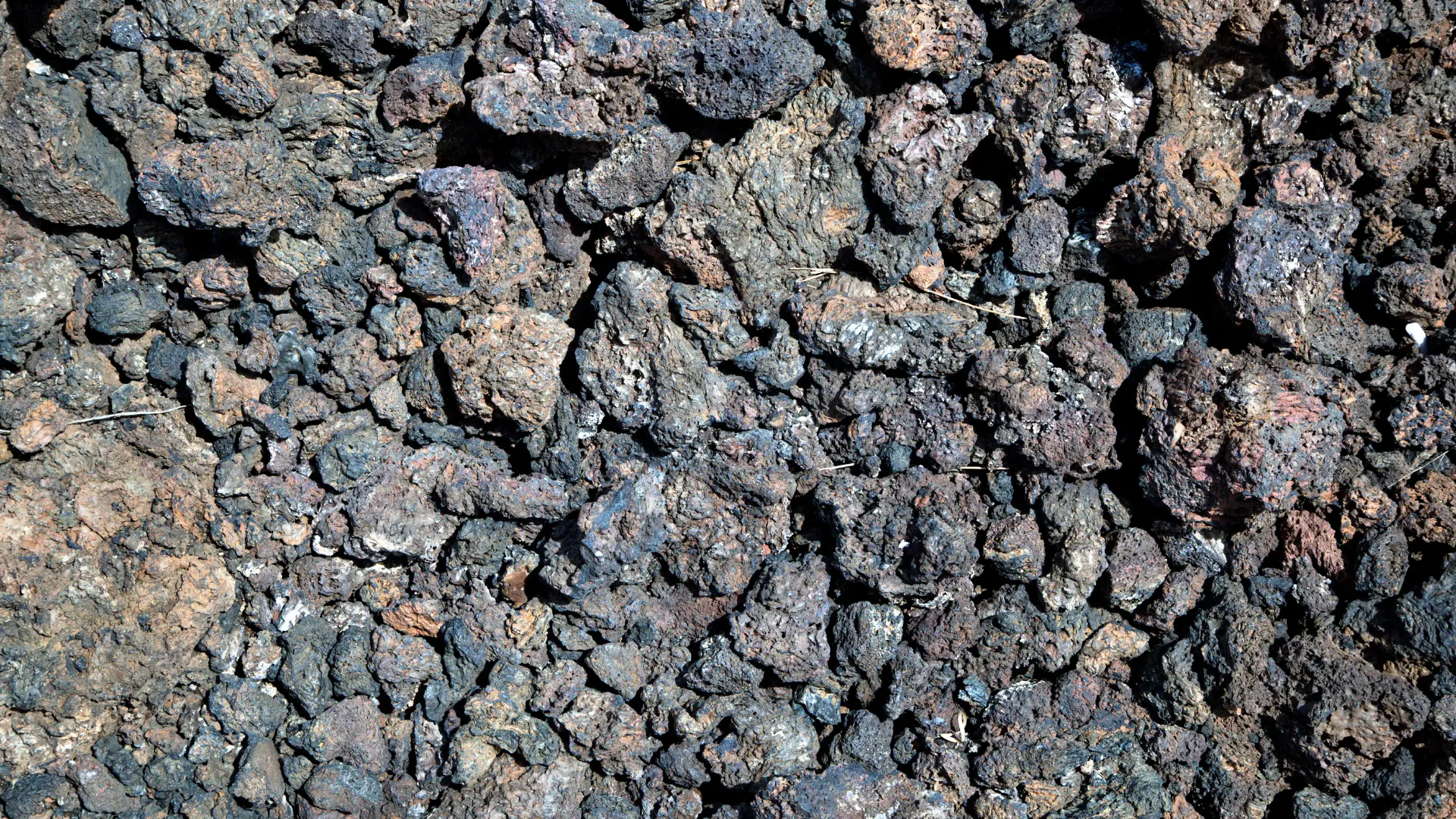Industrial Raw Materials – How to Choose a Reliable Supplier of Rocks and Minerals

Industrial Raw Materials – How to Choose a Reliable Supplier of Rocks and Minerals
In heavy industry, metallurgy, construction, and energy sectors, rocks and industrial minerals are essential in various production processes. Whether used as feedstock, construction components, or auxiliary materials, they must meet strict quality standards and be delivered reliably. Choosing the right supplier is a strategic decision that directly affects operational efficiency and production continuity.
What Are Industrial Raw Materials?
Examples of common industrial rocks and minerals include:
- Basalt – used in mineral wool, aggregates, asphalt, and refractory products
- Bauxite – the primary source of aluminum, also used as flux and abrasive
- Limestone – critical in cement, metallurgy, glass, energy, and agriculture
- Dolomite, marl, granite, quartzite – used in construction and chemical industries
Each material must meet specific chemical and physical criteria based on its industrial use.
Key Criteria for Selecting a Raw Material Supplier
- Consistent product quality
- Certified lab analysis and documentation
- Flexible delivery formats and schedules
- Scalability and supply availability
- Proven industry experience and references
A supplier should provide not only the product, but also technical support and long-term reliability.
Industrial Applications of Rocks and Minerals
| Material | Industrial Uses |
| Basalt | Aggregates, insulation, technical panels, refractories |
| Bauxite | Aluminum production, ceramics, abrasives, fluxing agents |
| Limestone | Cement, steel, glass, flue gas treatment, agricultural lime |
| Dolomite/Marl | Metallurgy, fertilizers, lime production, construction |
| Quartzite | Foundries, silicon production, metallurgical processes |
Impact of Raw Material Quality on Production Efficiency
Material consistency improves:
- furnace performance,
- energy use,
- durability of refractory linings,
- process control and output quality.
Unstable parameters lead to increased costs and reduced efficiency.
Cost and Performance Implications of Mineral Quality
Choosing high-grade raw materials helps:
- reduce energy consumption,
- minimize machine downtime,
- lower wear on industrial equipment,
- optimize yields and production speed.
By contrast, inconsistent quality can disrupt entire supply chains and increase total production costs.
Market Trend: Sustainable Sourcing and ESG Compliance
Modern companies increasingly demand transparency in sourcing. Raw materials must comply with:
- REACH and CLP regulations,
- ISO 14001 environmental standards,
- reduced carbon footprint logistics,
- and ideally come from conflict-free and socially responsible sources.
A sustainable supply chain is now a key element in global tenders and partnerships.
Trusted Supplier of Industrial Raw Materials – Poland & Europe
As an experienced wholesaler of industrial minerals, we offer:
- basalt, bauxite, limestone, and other materials in multiple grades and fractions,
- fast order fulfillment and stable stock levels,
- technical documentation and compliance with EU standards,
- logistics tailored to client processes (FCA, DDP, CIF),
- long-term contract options with guaranteed availability.
We deliver industrial raw materials to plants in Poland, Germany, Ukraine and other European countries – by land, rail or sea.
